Written by Ben Haagsma
On the request of ZOA Netherlands, Fair & Sustainable conducted an external evaluation of their DCR funded programme with the specific theme of: Community-based livelihood development in view of peace and stability. This evaluation covered six countries – Burundi, DR Congo, Liberia, Sudan and Uganda – all recovering from different types of conflicts. The evaluation assessed the key assumption:
- Does community based livelihood development lead to more peace and stability?
- and vice-versa, does increased peace and stability provide the necessary basis for livelihood development?
F&S was contracted as the lead consultant, and 6 national consultants conducted the country evaluations. In close coordination and consultation with ZOA HQ and country offices, F&S recruited the 6 national consultants. F&S developed the evaluation methodology with specific emphasis on a qualitative approach. THe methodology aimed to gather information on key changes achieved in livelihood development and conflict management, towards access to land and water as key resources to improved farming.
In order to bring all 6 consultants on board, F&S decided to organize a joint 3 day kickoff meeting in Uganda, attended by the national consultants. We discussed the content of the evaluation theme, the qualitative evaluation approach, the design of the interview formats and many practical issues. This kickoff served very well to arrive at a consensus on the theme; it furthered the ownership and the engagement of the national consultants throughout the entire evaluation process, up till the last reporting phase. The investment in this kickoff workshop was the best decision to arrive at the necessary quality of findings and conclusions; as well as improving consultancy capacity.
F&S was responsible for the final consolidated report based on the 6 country reports. The reporting formats followed by all consultants greatly assisted to arrive at consistent country reports that could be easily used for the final report. During this final reporting phase, the communication with national consultants was intensive and fruitful. The detailed feedback provided by F&S on draft country reports was quickly turned into improved writing. ZOA HQ as well as ZOA country offices also added their comments on these draft versions.
Overall, the livelihood improvements – better farming practices, leading to better yields, more income through sales and better household food security – have materialized. The access to land and water was successfully negotiated and achieved by stronger farmer and community groups. Conflicts between residents and returning refugees were well managed and solved. Farm intensification and diversification created a stronger livelihood basis for all persons. The success of livelihood development depended on the actual market situation: in countries where the markets were better functional, the rate of success was higher than in those countries where markets were still marginally operational. F&S has formulated suggestions to further improve the livelihood approach in response to existing market dynamics.
Generally the ZOA programme was well adapted to the different conflict dynamics in the 6 countries, showing a remarkable capacity to learn and adjust the programme during implementation.
